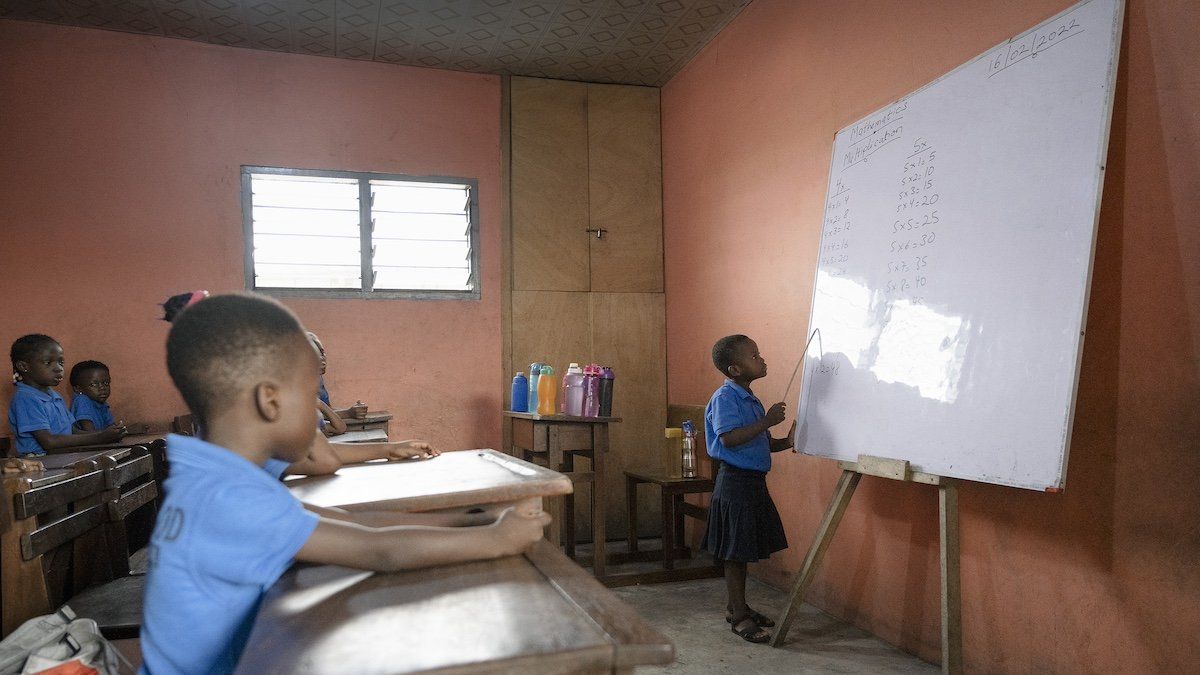About a quarter of all the chocolate you eat comes from Ghanaian cacao, so with prices at all-time highs, Ghanaian farmers should be raking it in. Instead, they’re selling at fixed prices to a government that’s struggling to settle its debts after a crushing $30 billion default last year.
On Monday, Ghana failed to reach a debt deal to restructure $13 billion in debt, breaching the terms of its International Monetary Fund bailout and pushing the country to the brink. According to the IMF, Ghana is borrowing too much in the same high-interest rate environment that led to the original default. If the government cannot formulate a plan that meets IMF standards, it risks $360 million in upcoming relief.
Nonetheless, the IMF is optimistic that the children of today’s cacao farmers will be driving the global economy in a decade or two. “The 21st century will be the African century,” said economist Michele Fornino on Monday at the IMF/World Bank spring meetings in Washington, DC. He pointed to the increasing numbers of young Africans joining the global workforce, contrasting it with the population slowdowns in Europe, East Asia, and North America that will diminish their economic clout.
But it all depends on getting those kids to school. About one in four children in Ghana is unable to attend school, a rate well below other developing countries. Improving that number will be crucial but difficult if Ghana stays trapped in perpetual cycles of debt and default.
Fornino pointed to South Korea, once among the poorest countries in the world before the vaunted “Miracle on the Han River” transformed it into a wealthy, globally connected society. “South Korean GDP would be one-third of what it is today without the improvements in education that began in 1970,” he said, and the IMF’s long-term goal is to help Ghana and other African countries make the most of similar demographic dividends.



















